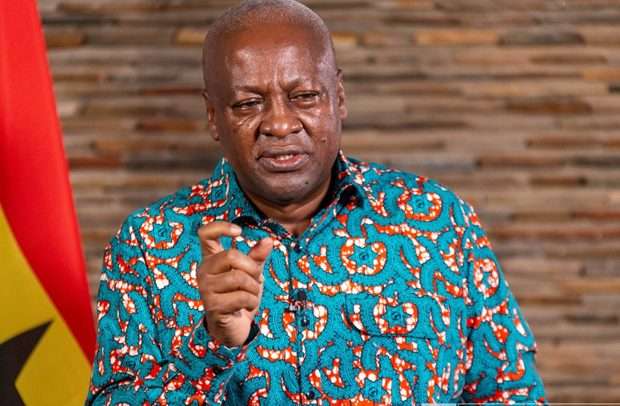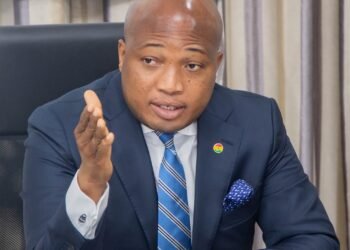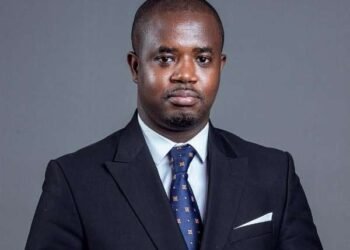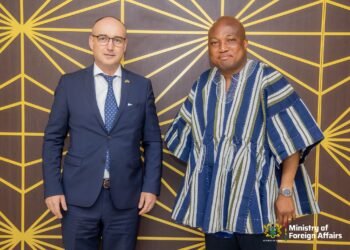Richard Ahiagbah, the Director of Communications for the New Patriotic Party (NPP), has pushed back against former President John Mahama’s claim that Ghana’s economy has suffered due to economic mismanagement under the Akufo-Addo administration.
The President recently claimed that Ghana’s economy has been “criminally handled” under the Akufo-Addo administration while urging organized labor to moderate its demands following a 10% increase in their base salary.
However, Ahiagbah stressed that such a claim is far from the truth, as economic indicators show significant progress compared to when Mahama left office in 2017.
“President Mahama inherited an economy where The gross international reserve stood at about $9 billion, more than the $6.2 billion. That’s equivalent to 4 months of import cover compared with the 3.5 months of import cover President Akufo-Addo inherited from Mahama in 2017.”
Richard Ahiagbah
Accordingly, Ahiagbah emphasized that this improvement highlights better economic management rather than mismanagement.
He further noted that Ghana’s economic growth has rebounded to pre-COVID-19 levels, with consistent expansion recorded in the first three quarters of 2024.

According to him, the economy grew by 4.8% in the first quarter, surged to 7% in the second quarter, and further accelerated to 7.2% in the third quarter.
He projected overall growth for 2024 to reach 6.3%, a significant increase from the 3.4% growth rate that President Akufo-Addo inherited from Mahama in 2017.
The NPP communicator also cited improvements in Ghana’s external economic position.
He revealed that “the current account balance improved to a surplus of 2.6% of GDP, compared to the deficit of 6.6% of GDP President Akufo-Addo inherited from President Mahama in 2017.”
He further noted that the country’s trade balance recorded a surplus of $3.85 billion, a remarkable turnaround from the $1.8 billion deficit in 2017.
Inflation, Debt, and Cedi Performance
Moreover, Richard Ahiagbah underscored the strides made in achieving macroeconomic stability, highlighting a positive trend across all key economic indicators since 2023.
He explained that inflation, which had soared to 54.1% in December 2022, was successfully brought down to 22.1% by October 2024.
This more than 50% drop, he argued, demonstrates prudent economic management rather than mismanagement.
“The debt-to-GDP ratio dropped from 79.2% in September to 74.6% in October 2024, and the depreciation of the Cedi slowed from a high of 30% in 2022 to 19% in 2024, according to the BoG.”
Richard Ahiagbah
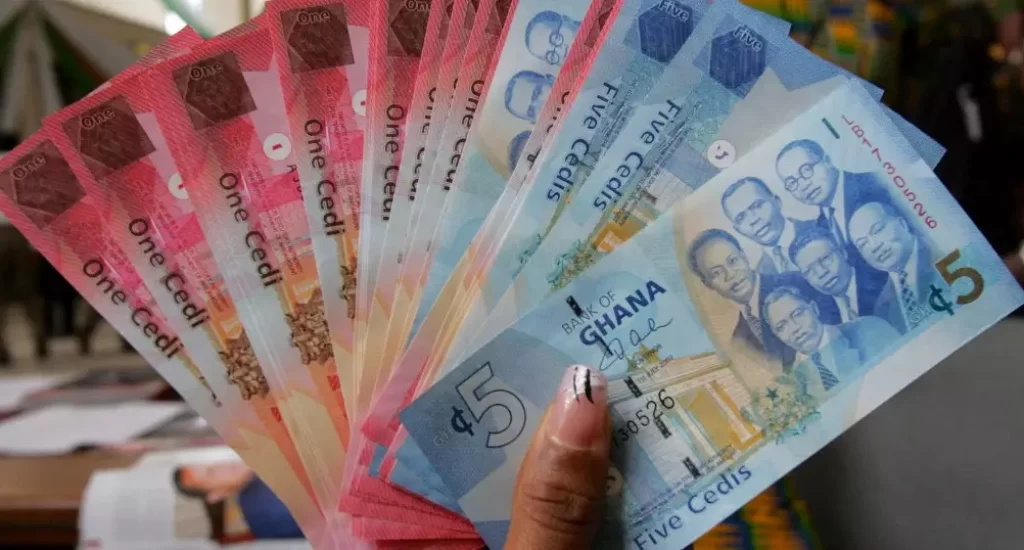
Ahiagbah also underscored the achievements of the external debt restructuring initiative, which secured a significant $2.86 billion debt relief for Ghana.
He emphasized that this restructuring has created fiscal space for the government to navigate economic challenges.
Additionally, as part of the agreement, the country is set to receive approximately $657 million within the current fiscal year, a development expected to provide much-needed financial support for economic recovery and stability.
Defending the government’s economic interventions, Ahiagbah noted that despite global economic challenges, the Akufo-Addo-Bawumia administration had increased the base pay of public sector workers substantially.
He stated that salaries were raised by 30% in 2023, followed by a 23% increase from January to June 2024 and another 25% increase from July to December 2024.
These measures, he argued, reflect a commitment to improving the livelihoods of Ghanaians despite fiscal challenges.
Dismissing Mahama’s claims of economic mismanagement, Ahiagbah posed a rhetorical question to Ghanaians, asking, “Is this an economy that can be described as having been mishandled?”
COVID-19’s Impact and the Road Ahead
Acknowledging the hardships the country has faced, Richard Ahiagbah conceded that the Domestic Debt Exchange Program (DDEP) was a difficult but necessary policy due to the economic strain caused by the COVID-19 pandemic.
He noted that the pandemic’s impact was severe, leading to the loss of many Ghanaian lives and creating economic disruptions.
However, he insisted that these challenges were not due to economic mismanagement but rather the global crisis that affected economies worldwide.

“We certainly endured some hard times, especially the difficult but necessary DDEP, owing to the difficulties we faced battling COVID-19 and its aftermath. We lost most Ghanaians during this time, but not because we mismanaged the economy.”
Richard Ahiagbah
He concluded by urging Ghanaians to recognize the difference between political rhetoric and real action, asserting that in due time, “Ghana will appreciate the difference between the talkers and the doers.”
As Ghana moves toward the 2028 elections, Richard Ahiagbah’s staunch defense of the Akufo-Addo administration’s economic record underscores the NPP’s effort to reshape the narrative while in opposition.
His remarks push back against the governing NDC’s criticism, highlighting the party’s determination to uphold its economic legacy despite no longer being in power.
With economic management set to be a central campaign issue, this debate is expected to shape voter perceptions and influence the policy direction of both major parties.
READ ALSO: UK Plans ‘Australian-Style’ Youth Mobility Scheme

